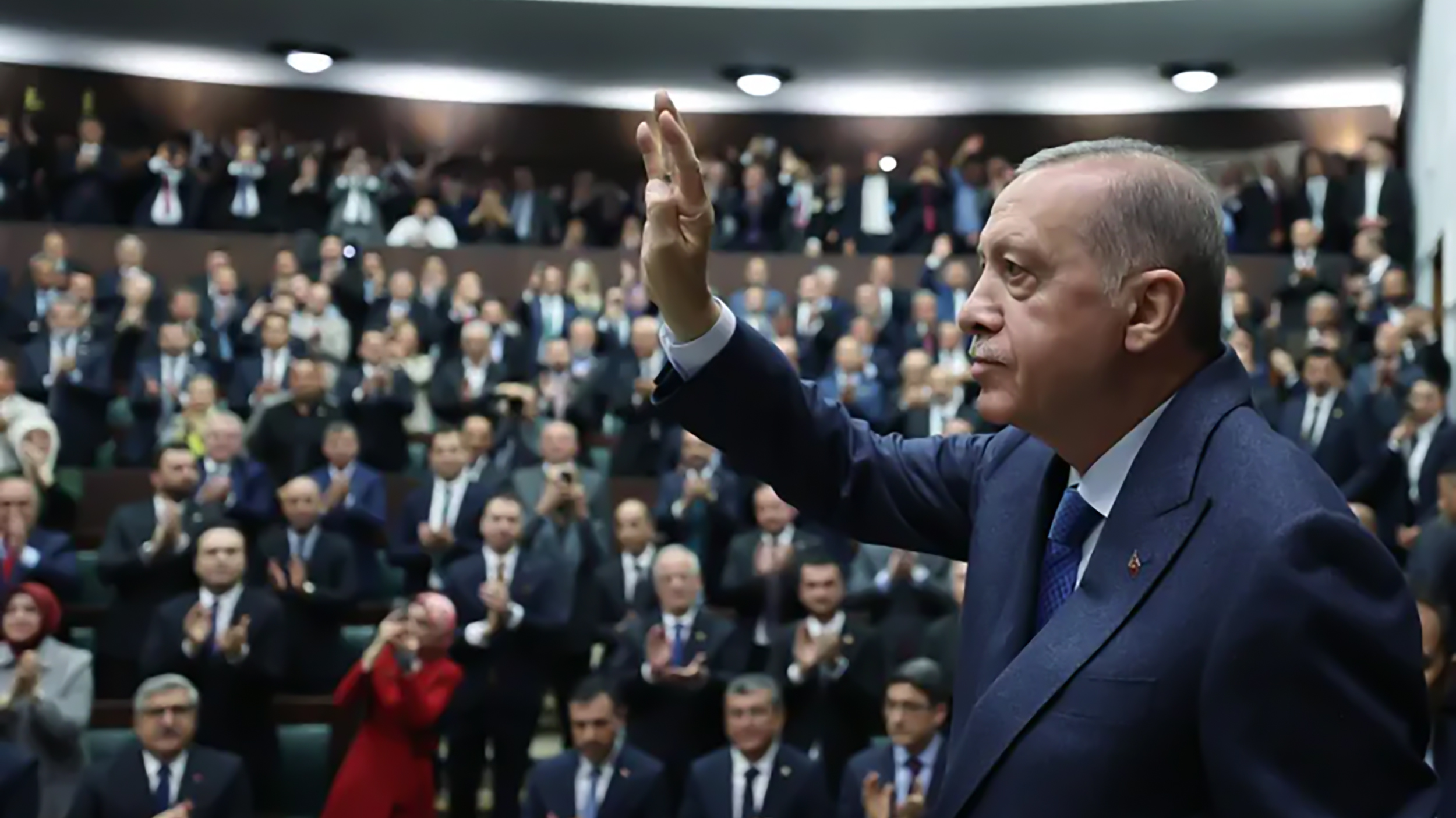
On Saturday, 11 July 2025, Turkish President Recep Tayyip Erdogan delivered a speech focusing on developments in the initiative to resolve the Kurdish issue. First set in motion in October 2024, the initiative gained traction in February 2025 after the imprisoned leader of the Kurdistan Workers’ Party (PKK) called for the dissolution and disarmament of the party. In his speech, Erdogan said that Turks, Arabs and Kurds are brothers, united by religion and history, and must shape the future of the Levant together. Never before had Erdogan spoken in such non-nationalist terms to the Turkish people and peoples of neighbouring countries.
On 26 September, some two months after Erdogan’s optimistic speech, the speaker of the Turkish parliament held a press conference to discuss the work of the parliamentary committee tasked with resolving the legal issues related to the dissolution of the PKK. While saying that the committee was proceeding apace, he expressed concern that the PKK was dragging its feet and called on party leaders to take further steps toward disarmament.
The committee, formed in early August, has two mandates: to survey Turks’ views of the peace process and to propose a legislative framework for the return and reintegration of thousands of Kurdish militants into society after the dissolution of the PKK is complete. Nearly two months since its formation, however, there are no indications that the committee has begun drafting such a law.
The reason is unclear. Some in Ankara believe that deputies with the Justice and Development Party (AKP), who make up the majority of the committee, are hesitant about supporting the entire process. Official sources say that the committee is awaiting concrete steps from the PKK toward disbanding and disarmament before taking further action.
But this is not the sole reason for the slow progress. Perhaps more important is the Kurdish question in Syria. The problem here is two-fold: first, the faltering of the March agreement between the commander of the Syrian Democratic Forces (SDF) and the Syrian president Ahmad al-Sharaa; and second, divergent views of the relationship between the Kurdish People’s Protection Units (YPG), the backbone of the SDF, and the PKK, and whether the decision to dissolve the PKK applies to Kurdish armed forces in Syria.
Senior officials in Ankara say that the YPG is a branch of the PKK, and so the PKK’s decision to disband must apply to the YPG as well while Syrian Kurdish leaders, supported by PKK leaders, argue that the Kurdish issue in Syria is distinct from that of Turkey and must be left to negotiations between Damascus and the Kurdish leadership in northeast Syria.
In truth, the Kurdish issue in Syria is being used by all three parties to buy time and strengthen their hand. The PKK wants to preserve its Syrian trump card to hedge against the adverse consequences of dissolving its arm in Turkey; the YPG wants to see how the process unfolds in Turkey, betting it will lead to less Turkish pressure and intervention in Syria; and many Turkish officials want to resolve the Kurdish question in Turkey and Syria simultaneously, even if it slows down the peace process in Turkey itself.
The initiative to resolve the Kurdish issue, and the PKK’s response, represents a turning point in the history of Turkey, but it is not clear that not all the actors agree on its importance or the need for a sensitive approach. From the outset, it was feared that the relatively long timetable would allow various parties—groups opposed to the PKK decision to abandon armed struggle, regional and international powers, or influential elements in Turkish politics who prioritise their personal or factional interests—to disrupt the peace process.
But this is only one aspect of the process. There is also a need to reconsider the foundations of citizenship and identity within Turkey, which is at heart a constitutional issue. While no hard agreements have been made, the Kurdish side certainly expects the Turkish state to amend constitutional provisions defining citizenship and equality among citizens; Erdogan, meanwhile, has expressed an intention to draft a new constitution before the end of his term. Yet, if the introduction of legislation on the return and integration of Kurdish fighters is taking so long, is there any hope of an agreement on a constitutional amendment?
Regionally, a peaceful settlement of the Kurdish issue in Turkey will have significant implications for the Kurdish issue throughout the Levant, especially if the process in Turkey culminates in a constitutional amendment that broadly satisfies the Turkish population. Whether all of this will ultimately spur a reconsideration of the concept of state sovereignty, state borders and relations between the states’ peoples is an open question.
*This is a summary of a policy brief originally written in Arabic available here.